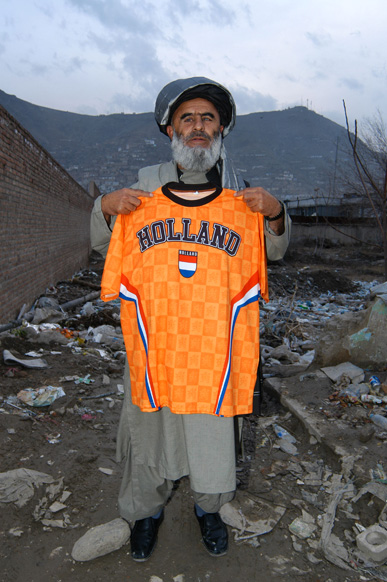Iraqi prison troubles from North to South
Two rather disturbing stories flew under the global radar in the past couple of days.
First, the story by the New York Times' C. J. Chivers, alleging that hundreds of detainees under the Kurdish government's authority are living in a legal black hole conceivably worse than Guantanamo. HRW claims that up to 2,500 people are being held by the security services of two ruling parties in the region.
The Kurdish prison population has swelled to include at least several hundred suspected insurgents, and yet there is no legal system to sort out their fates. So the inmates wait, a population for which there is no plan.
The Kurdish government that holds the prisoners says they are dangerous, and points out that the population includes men who have attended terrorist or guerrilla training in Iraq or Afghanistan. But it also concedes to being stymied, with a small budget, limited prison space and little legal precedent to look back on.
“We have not had trials for them,” said Brig. Sarkawt Hassan Jalal, the director of security in the Sulaimaniya region. “We have no counterterrorism law, and any law we would pass would not affect them because it would not be retroactive.”
The four visible cells here, spaces of about 7 yards by 8 yards, each were packed with 30 men. The men shared a toilet on the floor outside the cells, in a hall. The group seethes. One inmate shouted at two journalists through the bars. “Stop your hatred toward Islam!” he said. “Otherwise we will kill you!”
Speaking from a law enforcement perspective, Mr. Jalal said the close quarters and evident anger had made many of the inmates more radical, and that the prison serves as an insurgents’ nest.
Secondly, the UK's destruction of an Iraqi police station and jail in Basra, based on supposed intelligence that rogue police were torturing detainees and that some were likely to be unlawfully executed. BBC's footage was quite powerful indeed. The move by the British started with a midnight raid of the facility and evacuation of the facility. And by daylight, it was demolished. These moves were taken, according to British military spokesmen, at the orders of the Iraqi Prime Minister. Members of the Basra Provincial Council say that they will cease cooperation with the British forces.
Labels: abuse, iraq, iraqi prisons























